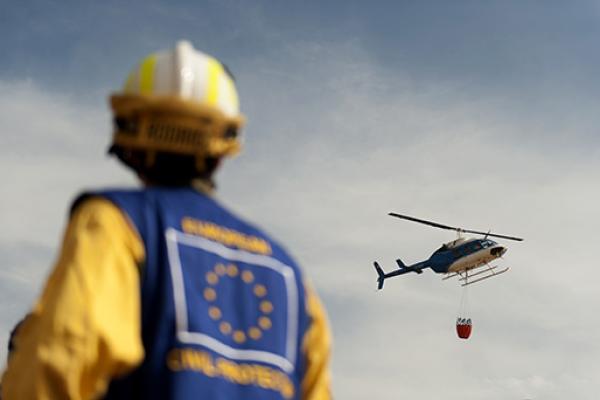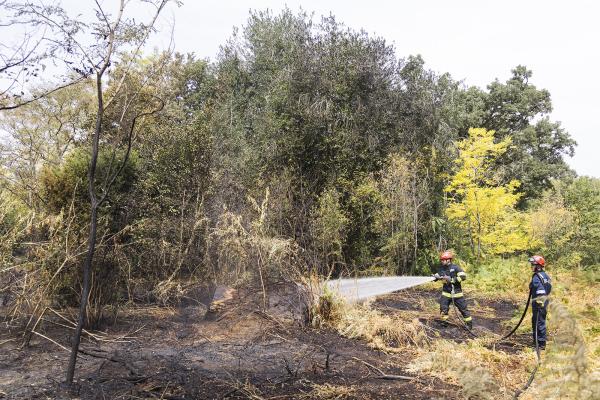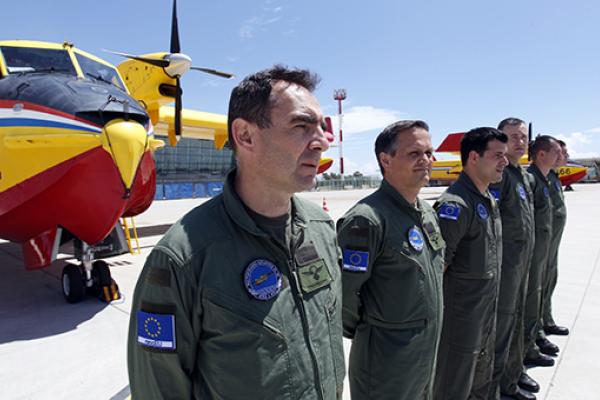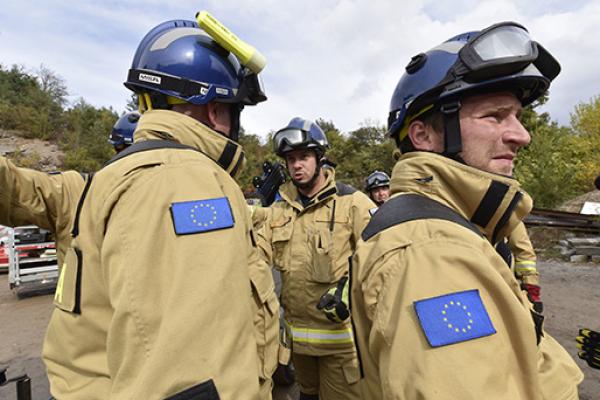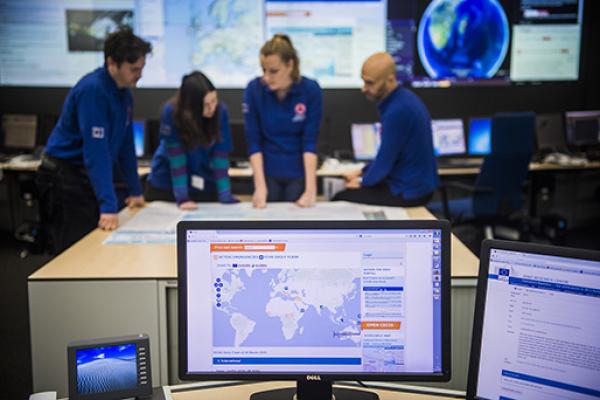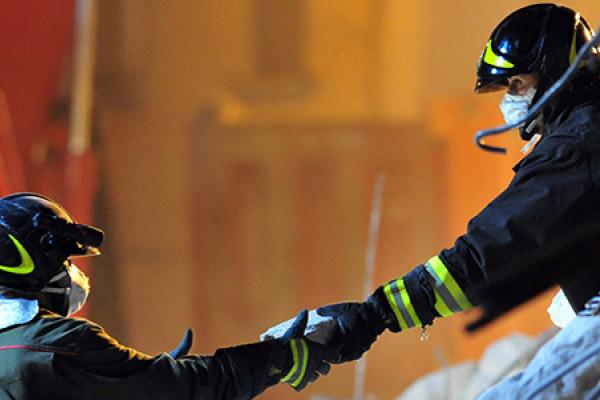
As several countries grapple with rapidly spreading wildfires, the EU steps in to reinforce firefighting efforts and provide much-needed support to the affected communities with over 490 firefighters and 9 firefighting planes deployed to Greece and Tunisia since 18 July.
The 2 Mediterranean countries have activated the EU Civil Protection Mechanism and the EU has swiftly replied:
- 10 countries (Bulgaria, Croatia, Cyprus, France, Italy, Malta, Poland, Romania, Slovakia and Serbia) are contributing to the EU Civil Protection Mechanism's response to the wildfires in Greece.
In total, over 490 firefighters and 7 planes have been deployed to different areas of the country.
1 EU Liaison Officer is supporting the coordination of operations in Greece
The EU's Copernicus satellite mapping is providing damage assessment on several areas in the Attica region and Rhodes. - 2 Canadairs from the rescEU reserve hosted by Spain are being deployed to northwest Tunisia.
The wildfires, fuelled by dry weather conditions and high temperatures are posing a severe threat to lives, livelihoods, and ecosystems across the Mediterranean.
In response, the EU Civil Protection Mechanism shows once again that it is a key instrument of solidarity and cooperation among EU Member States and beyond during emergencies.
The EU's wildfire response
The rescEU transitional fleet includes: 10 medium amphibious aircraft (Canadair type), 14 lighter aircraft (air tractor/fireboss type) and 4 medium/heavy lift helicopters.
rescEU comes as a complement to the EU Civil Protection Pool, which counts today with 4 medium amphibious aircraft (Canadair type), 5 ground forest firefighting teams without vehicles and 7 with vehicles, and 2 assessment / advisory teams.
In addition, there are more than 400 prepositioned firefighters throughout the summer.
To be better prepared to support Member States this wildfire season, the EU has also reinforced its Emergency Response Coordination Centre with a dedicated wildfire support team to monitor, anticipate and early act.
Member States can activate the EU Civil Protection Mechanism to request assistance for fighting forest fires. rescEU strengthens the EU's Civil Protection response by having a reserve in place which is mobilised when no other national means are available.
Commissioner for Crisis Management Janez Lenarčič said: "The wildfires ravaging the Mediterranean region require an immediate and united response. The European Union, through its Civil Protection Mechanism, stands in full solidarity with and readiness to support the affected countries. Together, we are deploying available resources to fight the fires and protect our citizens and landscapes. I would also like to express my heartfelt sympathy and support to the families and colleagues of the two Greek firefighters who lost their lives yesterday when their firefighting plane crashed on the Greek island of Evia. This is the worst reminder of how first responders put their lives in danger to save others and our environment."
Background
Wildfire prevention, preparedness and response actions work hand in hand to save lives, livelihoods and protect the environment. Having experienced wildfire experts, well-trained firefighters, information technology and sufficient response assets available makes a difference.
The EU ensures a coordinated approach to preventing, preparing and responding to wildfires when those overwhelm national response capacities.
When the scale of a wildfire overwhelms the response capabilities of a country, it can request assistance via the EU Civil Protection Mechanism.
Once activated, the EU's Emergency Response Coordination Centre coordinates and finances assistance made available by EU Member States and 9 additional Participating States through spontaneous offers.
In addition, the EU has created the European Civil Protection Pool to have a critical number of readily available civil protection capacities allowing for a stronger and coherent collective response.
Should the emergency require additional, life-saving assistance, the rescEU firefighting reserve steps in to provide additional capacities to confront disasters in Europe.
The Emergency Response Coordination Centre also monitors the evolution of wildfires with the support of early warning systems such as the European Forest Fire Information System, while the EU's Copernicus emergency satellite mapping service complements operations with detailed information from space.
Details
- Publication date
- 26 July 2023
- Author
- Directorate-General for European Civil Protection and Humanitarian Aid Operations (ECHO)

